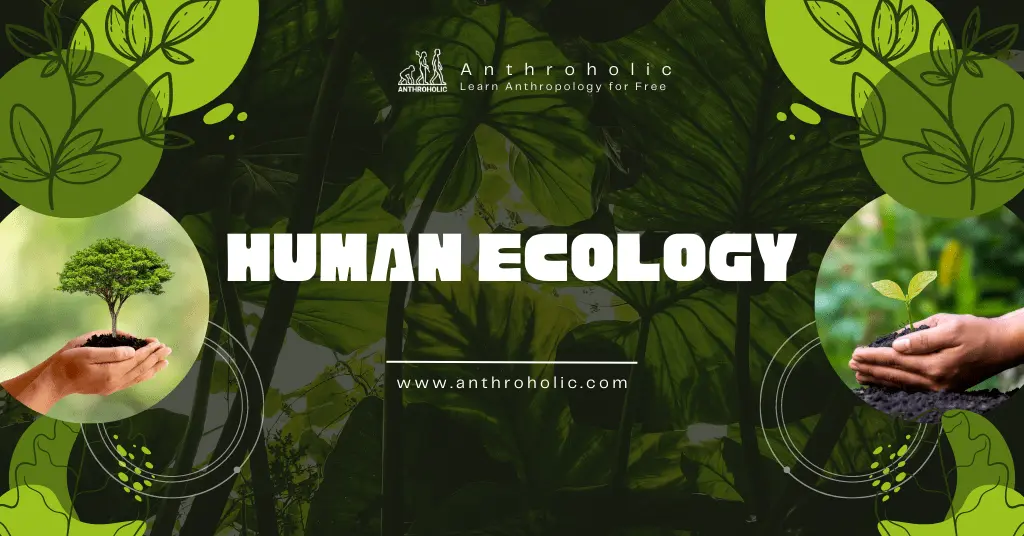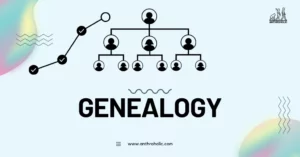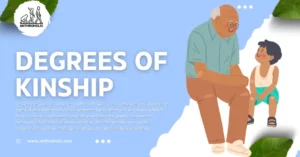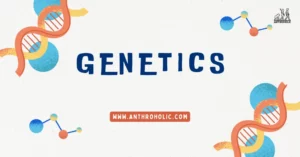AI Answer Evaluation Platform Live Now. Try Free Answer Evaluation Now
Human Ecology
Human ecology is a subfield of ecology that is particularly concerned with the relationship between humans and their social, natural, and constructed environments. Human ecologists strive to understand human social systems and ecosystems, and their intricate interdependencies, co-evolution, and sustainability.

History of Human Ecology
The term “Human Ecology” was first coined by sociologist Robert Ezra Park and his associates at the University of Chicago in the early 1900s. The following are key milestones in the field’s history:
- Early 1900s: Sociologists at the University of Chicago began to study urban environments and their influence on human behaviors and communities.
- 1920s-1930s: The field evolved to incorporate elements from geography and anthropology.
- 1970s-1980s: Environmental movements spurred more interdisciplinary work in human ecology, linking it to environmental science, biology, and health studies.
- Late 20th and Early 21st Centuries: The field saw further development with the introduction of sustainability science, exploring the impacts of human activities on the planet and strategies for sustainable living.
Core Principles of Human Ecology
Human ecology is founded on several key principles:
- Humans and Nature Interdependence: Humans are dependent on the natural world for survival. This dependence forms the fundamental basis for the relationship between humans and their environment.
- Co-evolution and Adaptation: Humans and the environment have a co-evolving relationship. As humans adapt to environmental changes, they also influence these environments through their activities.
- Sustainability: This principle focuses on the long-term viability of human-environment systems. It emphasizes the importance of striking a balance between human needs and environmental preservation.
Branches of Human Ecology
Social Ecology
Social ecology studies the impact of social systems on environmental outcomes. It includes themes such as environmental justice, which looks at how environmental benefits and burdens are distributed among different social groups.
Urban Ecology
Urban ecology explores the relationships between urban environments and the people who inhabit them. It analyzes factors such as urban planning, land use, and architecture in terms of their impacts on human behaviors and community dynamics.
Environmental Psychology
Environmental psychology investigates how physical environments (natural or built) affect human behaviors, emotions, and mental processes. It includes studies on environmental stressors, perception of space, and effects of environmental aesthetics on human well-being.
Impacts of Human Activities on the Environment
Humans significantly influence their environments in various ways:
- Habitat Destruction: Urbanization, deforestation, and industrialization often lead to significant habitat loss, threatening biodiversity.
- Pollution: Human activities contribute to air, water, and soil pollution, significantly affecting environmental health and biodiversity.
- Overexploitation: Overfishing, overhunting, and excessive resource extraction degrade ecosystems and deplete biodiversity.
- Climate Change: Human-induced greenhouse gas emissions significantly contribute to global climate change, leading to increased global temperatures, sea-level rise, and extreme weather events.
Strategies for Sustainable Living
Human ecology proposes several strategies for sustainable living:
- Resource Management: This involves sustainable practices like recycling, composting, and responsible consumption to reduce waste and overexploitation of resources.
- Renewable Energy: Shifting from fossil fuels to renewable energy sources can significantly reduce greenhouse gas emissions.
- Sustainable Agriculture: Practices such as organic farming, permaculture, and agroforestry can provide food while preserving soil health and biodiversity.
- Green Urban Planning: This includes creating green spaces, promoting public transportation, and implementing sustainable building designs to reduce the environmental impact of urban areas.
Human Ecology and Global Challenges
Human ecology offers key insights in addressing major global challenges:
Biodiversity Loss
The rapid loss of biodiversity is a significant environmental issue. Human activities such as deforestation, overfishing, and pollution are major contributors to species extinction. Human ecology encourages a holistic approach to conservation, stressing the importance of preserving entire ecosystems rather than focusing only on individual species.
Climate Change
Climate change is driven largely by human activities, particularly the burning of fossil fuels and deforestation. The principles of human ecology emphasize the need for humans to adapt to and mitigate climate change through strategies such as reducing greenhouse gas emissions, promoting renewable energy, and enhancing carbon sinks through reforestation.
Environmental Justice
Environmental justice addresses the inequitable distribution of environmental hazards and access to environmental goods among different social groups. Human ecologists study how race, class, and other social factors influence exposure to pollution and access to green spaces, clean air, and water.
Relationship between Anthropology and Human Ecology
Human ecology and anthropology are two interdisciplinary fields that share a strong mutual connection. Both disciplines examine how human societies interact with their environments, albeit from slightly different perspectives.
Human ecology focuses on the relationships between humans and their natural, social, and built environments. It investigates how humans adapt to and modify their environments, how these environments shape human behaviors, societies, and cultures, and how human activities impact environmental health and sustainability. The field often employs concepts from biology, geography, sociology, and public health.
Anthropology, on the other hand, is the study of humans, past and present, with a focus on understanding cultural, social, and biological diversity. A key branch of anthropology, known as ecological anthropology or environmental anthropology, intersects directly with human ecology. This subfield studies how different societies understand, interact with, and transform their environments.
The intersection of human ecology and anthropology provides critical insights into a variety of issues, such as resource utilization, environmental adaptation, sustainability, and conservation. It helps unravel the complexity of human-environment interactions, highlighting how cultural practices, social structures, and belief systems shape these relationships. Together, these fields offer a comprehensive lens to view the co-evolution of societies and their environments, helping us navigate the challenges of the Anthropocene and foster sustainable futures.
The Future of Human Ecology
In the future, human ecology may take on an increasingly important role due to its interdisciplinary nature and its focus on sustainability. The following are some potential areas of growth:
- Advancing Sustainable Technologies: Human ecology could contribute significantly to the development of technologies that minimize environmental impact and enhance sustainability, such as green energy technologies, sustainable agriculture techniques, and green building practices.
- Policy Development: Human ecologists could play a key role in shaping policies that balance human needs with environmental conservation. This includes policies related to climate change, land use, water management, and biodiversity conservation.
- Public Education and Advocacy: Human ecologists could engage in public education and advocacy to raise awareness about environmental issues and promote sustainable practices.
Table 2: Human Ecology and Global Challenges
| Global Challenges | Human Ecology’s Role |
|---|---|
| Biodiversity Loss | Emphasizes a holistic approach to conservation |
| Climate Change | Advocates for mitigation and adaptation strategies |
| Environmental Justice | Studies social factors influencing environmental impact |
Conclusion: The Role of Human Ecology in a Sustainable Future
In an era of increasing environmental challenges, human ecology provides a framework for understanding and addressing the intricate relationship between humans and the environment. It acknowledges the profound influence of human activities on the environment while emphasizing our capacity for innovation, adaptation, and mitigation.
From city planning to global climate policy, human ecology can guide us towards more sustainable practices, policies, and behaviors. As we navigate the complexities of the Anthropocene, human ecology offers valuable tools for building a future in which both humans and the rest of nature can thrive.
| Potential Areas of Growth | Description |
|---|---|
| Advancing Sustainable Technologies | Development of technologies that minimize environmental impact |
| Policy Development | Shaping policies balancing human needs with environmental conservation |
| Public Education and Advocacy | Raising awareness about environmental issues and promoting sustainable practices |
By embodying the principles of human ecology in our individual lives, communities, and institutions, we can contribute to the global shift towards a more sustainable and equitable world.



